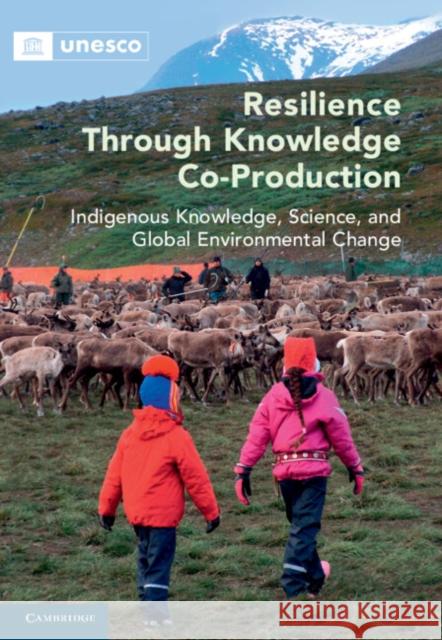Resilience through Knowledge Co-Production: Indigenous Knowledge, Science, and Global Environmental Change » książka
Resilience through Knowledge Co-Production: Indigenous Knowledge, Science, and Global Environmental Change
ISBN-13: 9781108838306 / Angielski / Twarda / 2022 / 412 str.
Resilience through Knowledge Co-Production: Indigenous Knowledge, Science, and Global Environmental Change
ISBN-13: 9781108838306 / Angielski / Twarda / 2022 / 412 str.
(netto: 255,32 VAT: 5%)
Najniższa cena z 30 dni: 267,55
ok. 16-18 dni roboczych.
Darmowa dostawa!
Confronted with the complex environmental crises of the Anthropocene, scientists have moved towards an interdisciplinary approach to address challenges that are both social and ecological. Several arenas are now calling for co-production of new transdisciplinary knowledge by combining Indigenous knowledge and science. This book revisits epistemological debates on the notion of co-production and assesses the relevant methods, principles and values that enable communities to co-produce. It explores the factors that determine how indigenous-scientific knowledge can be rooted in equity, mutual respect and shared benefits. Resilience through Knowledge Co-Production includes several collective papers co-authored by Indigenous experts and scientists, with case studies involving Indigenous communities from the Arctic, Pacific islands, the Amazon, the Sahel and high altitude areas. Offering guidance to indigenous peoples, scientists, decision-makers and NGOs, this book moves towards a decolonised co-production of knowledge that unites indigenous knowledge and science to address global environmental crises.











